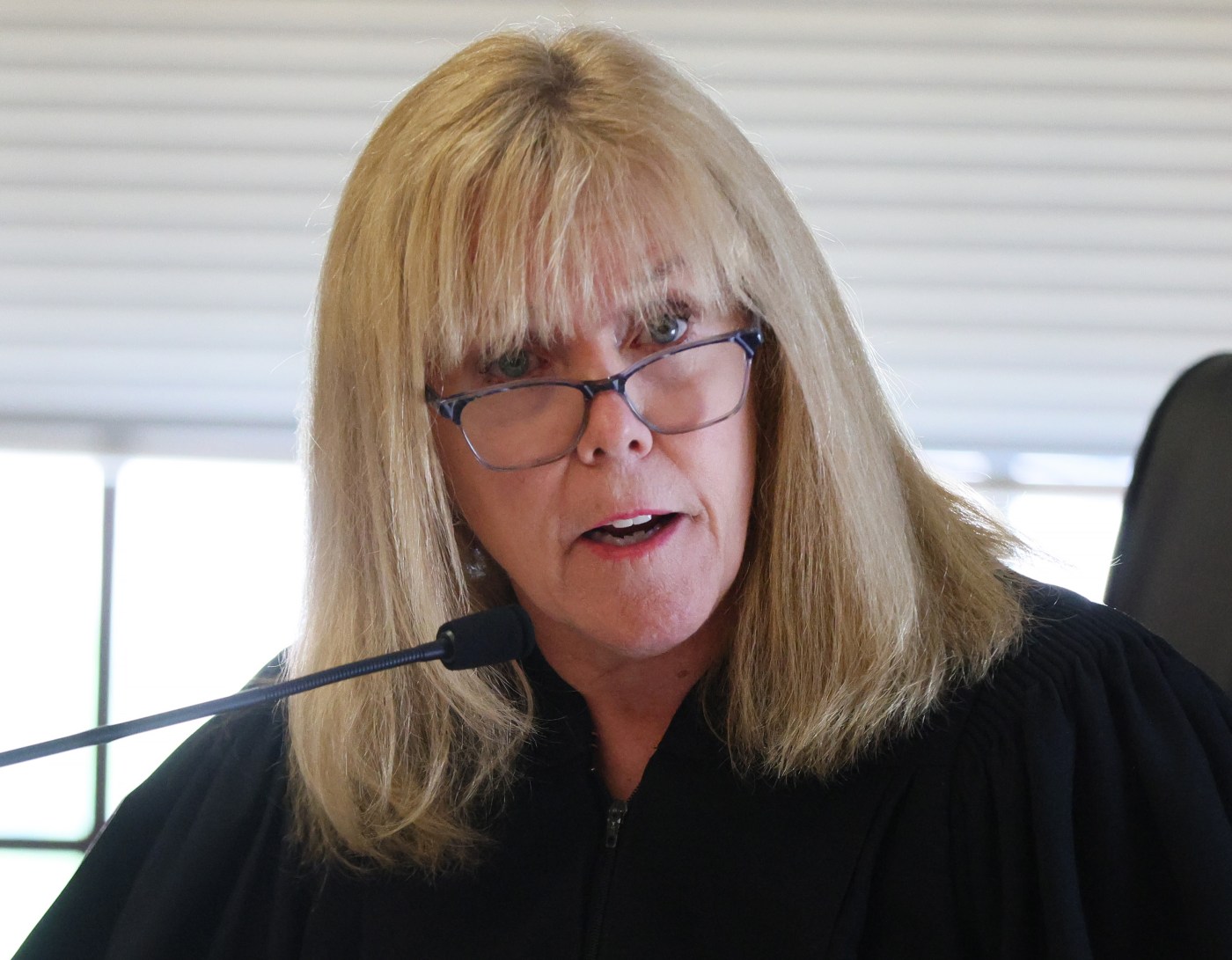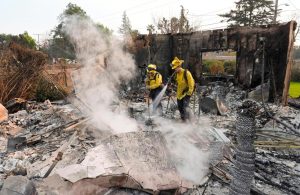
Karen Read case update: ‘Dog bite’ expert will be allowed to testify, Beverly Cannone rules
Jurors during the second Karen Read trial will probably hear all about Chloe the dog.
That’s because the Norfolk Superior Court judge on Monday ruled that a “dog bite” expert brought by the defense will be allowed to testify during the Read retrial.
The Norfolk DA’s office had been trying to toss the testimony from Dr. Marie Russell — a retired emergency room doctor who during the first trial claimed that dog bites caused the wounds to John O’Keefe’s body on Jan. 29, 2022, the morning of the Boston cop’s death.
Russell will again be able to provide that dog bite testimony for the defense in the retrial, which is scheduled for April.
“Although a close question, the Court will DENY the Commonwealth’s motion,” Judge Beverly Cannone wrote in her ruling on Monday.
“Here, the recognition of dog bite wounds is not within the common knowledge of a layperson and requires expert testimony, and Dr. Russell is a qualified expert as to these topics,” the judge wrote, later adding, “The Court finds that Dr. Russell’s testimony satisfies the five foundational elements (for expert testimony) and therefore will allow Dr. Russell to testify as to whether the abrasions on John O’Keefe’s right arm were caused by a dog.”
Prosecutors have been arguing that Read struck O’Keefe with her Lexus SUV following a night of drinking and yet another argument in their fraught two-year relationship, and left him to freeze and die on the front lawn of 34 Fairview Road in Canton.
Read faces charges of second-degree murder, motor vehicle manslaughter while operating under the influence, and leaving the scene of an accident causing death.
The defense has countered with their own theory, arguing that not only is Read innocent but that others are responsible for O’Keefe’s murder.
One theory hinted at during the first trial is that people inside the home, possibly including then-homeowner Brian Albert, a fellow Boston cop, beat O’Keefe to death and then used their influence in town to frame Read. They also said Albert’s dog, a German Shepherd named Chloe which the family has since surrendered, participated in the attack.
Russell, who also worked as a forensic pathologist and medical examiner, has continued to reject that a motor vehicle crash caused the wounds to O’Keefe, saying none of them follow the typical patterns of a motor vehicle strike.
“With respect to dog bites specifically, Dr. Russell has treated hundreds of wounds resulting from dog attacks during her time as an emergency room doctor, and co-authored peer-reviewed articles on the treatment of law enforcement canine bites in the emergency room,” the judge’s ruling reads.
Special Prosecutor Hank Brennan during a hearing on whether to allow Russell’s testimony said she was presenting a “factually wrong… baseless opinion about a so-called dog bite wound.”
Brennan grilled Russell over the “standards” and “methodology” that she used in concluding that a dog caused the abrasions to O’Keefe’s right arm.
Related Articles
Karen Read murder case: Exchange between prosecution, dog bite expert gets heated
Disgraced Massachusetts Trooper Michael Proctor to face State Police trial board after investigation
Ex-Canton Police Chief Kenneth Berkowitz has died
Howie Carr predicts the future
Boston Herald’s top local news stories in 2024
Cannone, in her Monday ruling, noted that the prosecutors on cross-examination focused on several issues about Russell’s testimony.
“… That Dr. Russell’s expertise primarily concerns the treatment, not the identification, of dog bites,” the ruling reads. “That her evaluation of the abrasions failed to consider all available information; that she has not compared the abrasions with the dentition of the German Shepherd in question; and that her opinion is inconsistent with findings that there was no canine DNA in the area of the victim’s clothing near the abrasions.”
But the judge ruled that these issues can be addressed during cross at trial.
The judge cited precedent about evaluating admissibility for a trial: “A judge does not… determine whether to credit the expert’s ultimate opinion.”
Asked for a comment about Cannone’s ruling, a spokesperson for the Norfolk DA’s office said, “As this is a pending case, the NDAO has no comment on the judge’s ruling.”
Dr. Marie Russell (Staff Photo By Stuart Cahill/Boston Herald, File)


